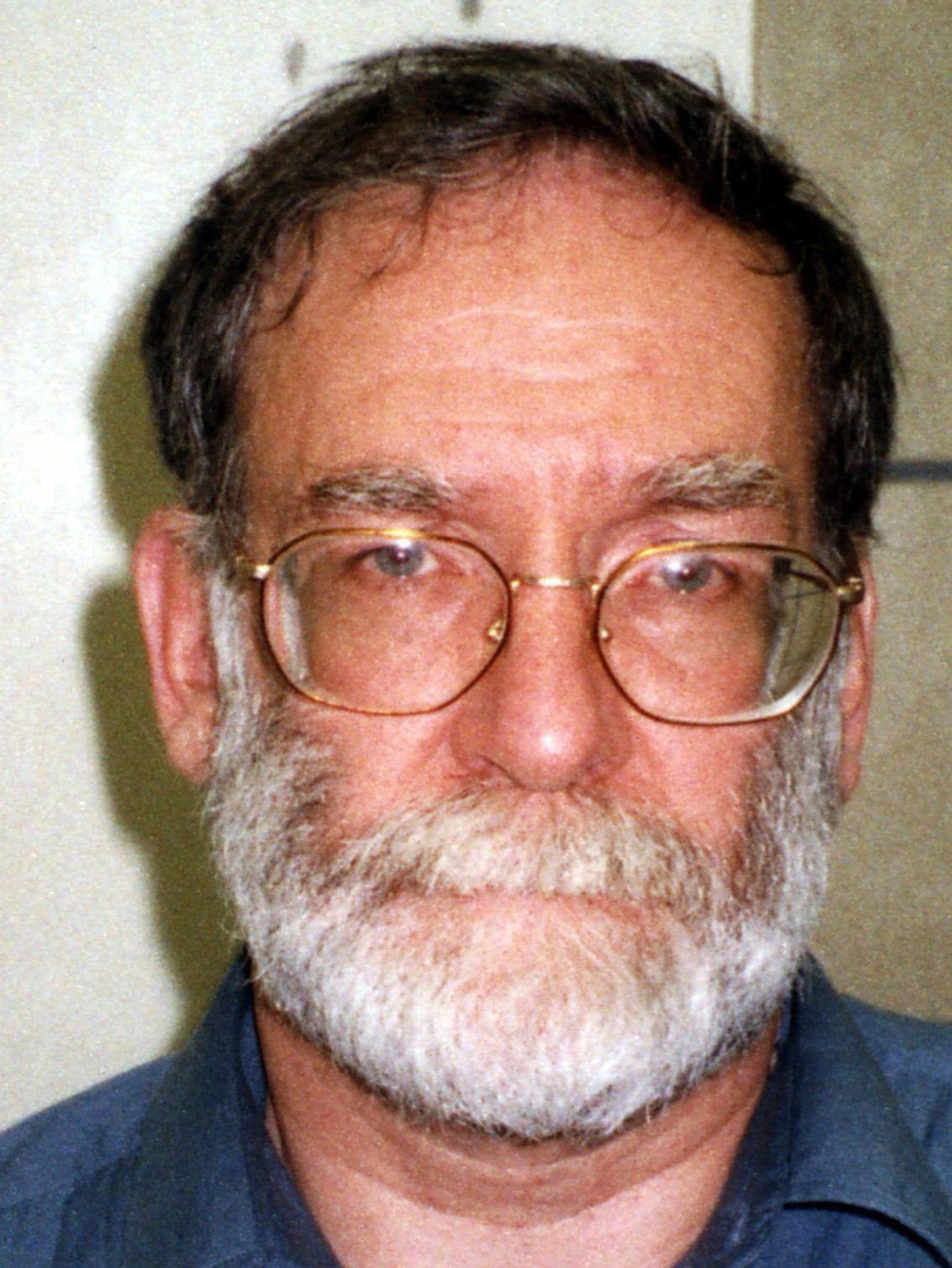Harold Shipman victims probe to investigate whether Manchester police ‘misled’ families over human remains
Independent police watchdog announces three probes into conduct of Greater Manchester Police

A serving officer in the Greater Manchester Police (GMP) has made a series of allegations regarding “corruption” within the force, including claims that officers misled families of the victims of serial killer Harold Shipman.
The police watchdog, the Independent Police Complaints Commission (IPCC), announced today that it will be carrying out three separate investigations into the claims made by the whistleblower, which range from “cronyism” among senior officers to failure to investigate complaints.
One of the probes will look into allegations that GMP officers misled families and the public when disposing of human tissue from the Shipman victims.
Remains from 12 of the GP's victims were kept for more than a decade by GMP before they were secretly destroyed without the families' permission.
The watchdog said it will also be looking into the actions of a Detective Chief Inspector, including reports of the unauthorised bugging of a police station office, and whether this put public safety at risk.
Finally, the IPCC said it will investigate claims that an investigation into alleged sexual abuse was badly handled and that those alleged failings were then covered up by officers.
The probe is set to involve officers in ranks as high as GMP’s Assistant Chief Constable, Terry Sweeney.
IPCC commissioner Jan Williams said: “These are serious allegations and the gravity and nature of the allegations, and the fact that they are made against senior officers within the force, means they must be investigated independently.
“We will also look at the wider organisational response by Greater Manchester Police in each of these investigations.
“We know that the families involved will have been through very distressing times, and we will be sensitive to this as we conduct our investigations.
“We have a statutory duty to conduct independent investigations in circumstances such as these, but we will make sure that we communicate with the families and do whatever we can to avoid further distress.”
It has previously been reported that tissue samples were taken from 12 women killed by Shipman to establish cause of death.
They were kept in storage for a number of years to ensure that police had the appropriate evidence should the murderer or his family appeal against his conviction, until in 2011 officers decided to “respectfully dispose” of them without telling the families.
The remains reportedly belonged to Kathleen Grundy, Joan Melia, Winifred Mellor, Bianka Pomfret, Ivy Lomas, Marie Quinn, Irene Turner, Jean Lilley, Muriel Grimshaw, Alice Kitchen, Elizabeth Mellor and Sally Ashworth.
Sir Peter Fahy, GMP chief constable, said: “I have stated before that the decisions dealing with the aftermath of the Shipman investigation were complex and sensitive, our priority was to avoid causing further distress to the families.
“Assistant Chief Constable Terry Sweeney has voluntarily decided to stand down from his work with the Hillsborough Inquiry as part of Operation Resolve while the investigation takes place.
“This is a personal decision made as he does not want the matter to distract from the operation's important work.
“I support the need for difficult issues we face to be subjected to scrutiny and for there to be a transparent process for this.”
He added: “These are serious allegations but this investigation will not distract us from the hard work of officers and staff every day who are keeping the public safe and tackling criminals.”
Additional reporting be PA
